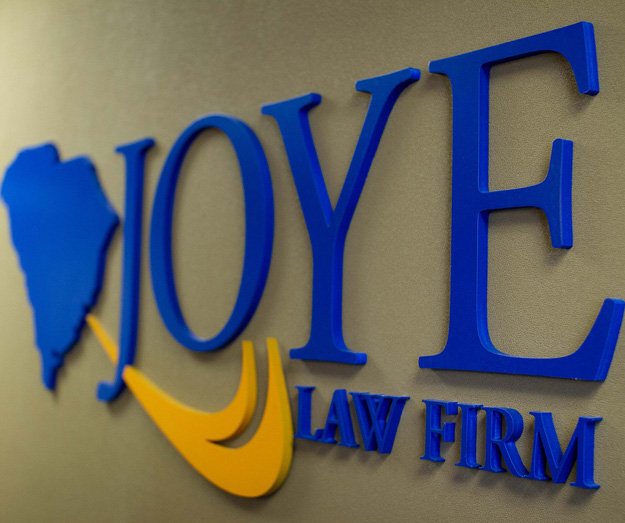
According to Food Allergy Research & Education, one in 13 kids under age 18 experiences severe sensitivity to specific types of food. These children can face potentially lethal injuries just by ingesting ingredients that cause an allergic reaction.
Parents have the ability to control their kids’ diets while they are at home, but close oversight is difficult when a child heads off to school. However, there are things you can do to prepare your child and the school to deal with food allergies.
Educate Yourself
First, you must fully understand the allergy itself. Take the time to know:
- The foods to avoid at all costs.
- Every sign and symptom of an allergic reaction.
- How your child tends to describe an allergic reaction.
- How epinephrine can treat symptoms. (Epinephrine is often used in emergencies involving severe allergic reactions. You can obtain this medicine only through a prescription from your doctor.)
- The right way to inject epinephrine, if this treatment has been prescribed.
Al in all, it can seem overwhelming to learn every detail about the food allergies that may endanger your child. But there are many resources you can turn to for help. The best way to begin to comprehend this condition is by consulting a board-certified allergist.
Teach Your Child
Once you are aware of the ins and outs of a food allergy, don’t neglect to pass this critical information on to your child. When your child is at school, you won’t be there to make food decisions. Spend time teaching your child to avoid allergens, to not share food with classmates, and to ask for immediate help if any kind of allergic reaction occurs.
You should also invest in a medical identification bracelet or necklace. Then there will never be a question about the immediate care needed in an emergency situation. Convey to your child that it is important to wear this medical ID to school each day.
Request a Doctor’s Letter
To show the severity of your child’s food allergy, a letter from your child’s physician is essential. This letter should provide clear precautions and treatment recommendations in case of any emergency. You can use this document to work with the school nurse to devise a food allergy plan that is tailored to your child’s needs.
Plan Ahead
Successful communication cannot occur at the last minute. Contact your child’s school as soon as possible to make it clear that a serious food allergy exists. This involves meeting with the principal, teachers and school nurse.
During these discussions, ask about classroom accommodations and how the school handles students with allergies related to food. Understanding the school’s approach to food allergy management can make all the difference in how your child’s needs are met on a daily basis.
It’s also important that you find out what services the school offers, including access to any health rooms during the school day. Provide the school with any medications and physicians’ orders so that the staff has the tools necessary for your child’s condition.
The goal is to develop an ongoing partnership with your child’s academic caregivers. By taking this initiative, you help ensure that your child’s health concerns are not forgotten.
Sources:


































